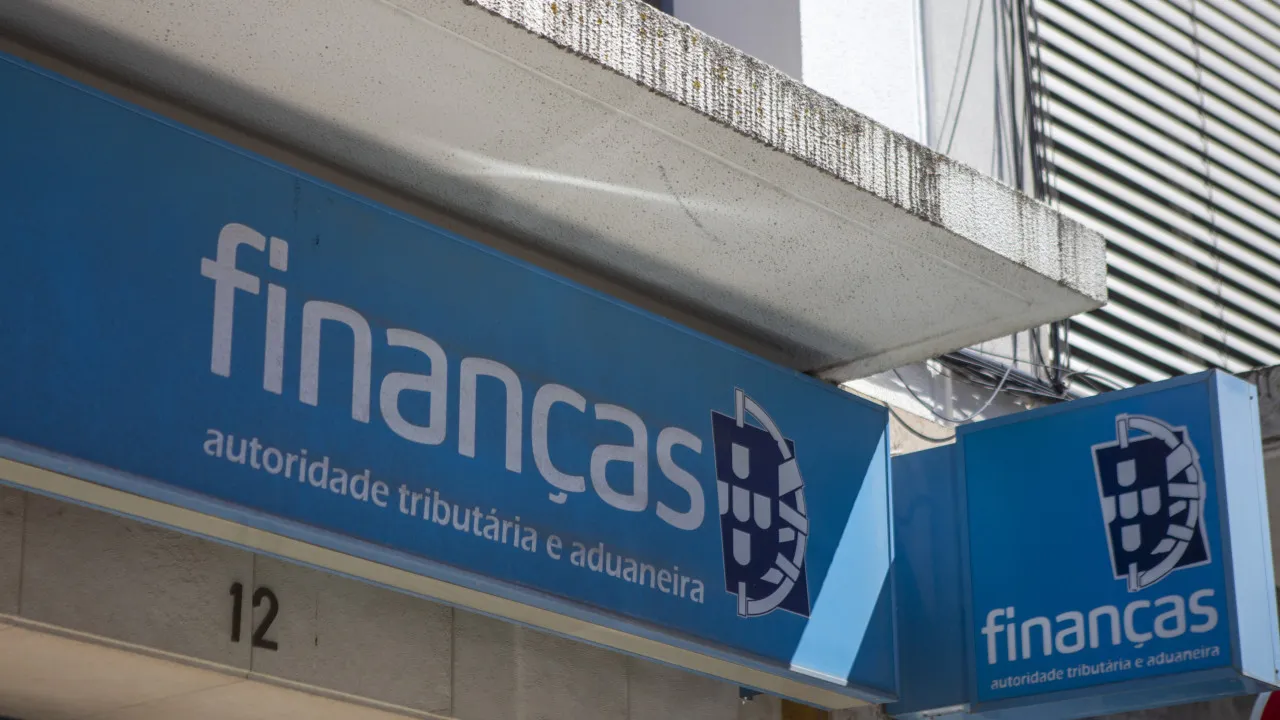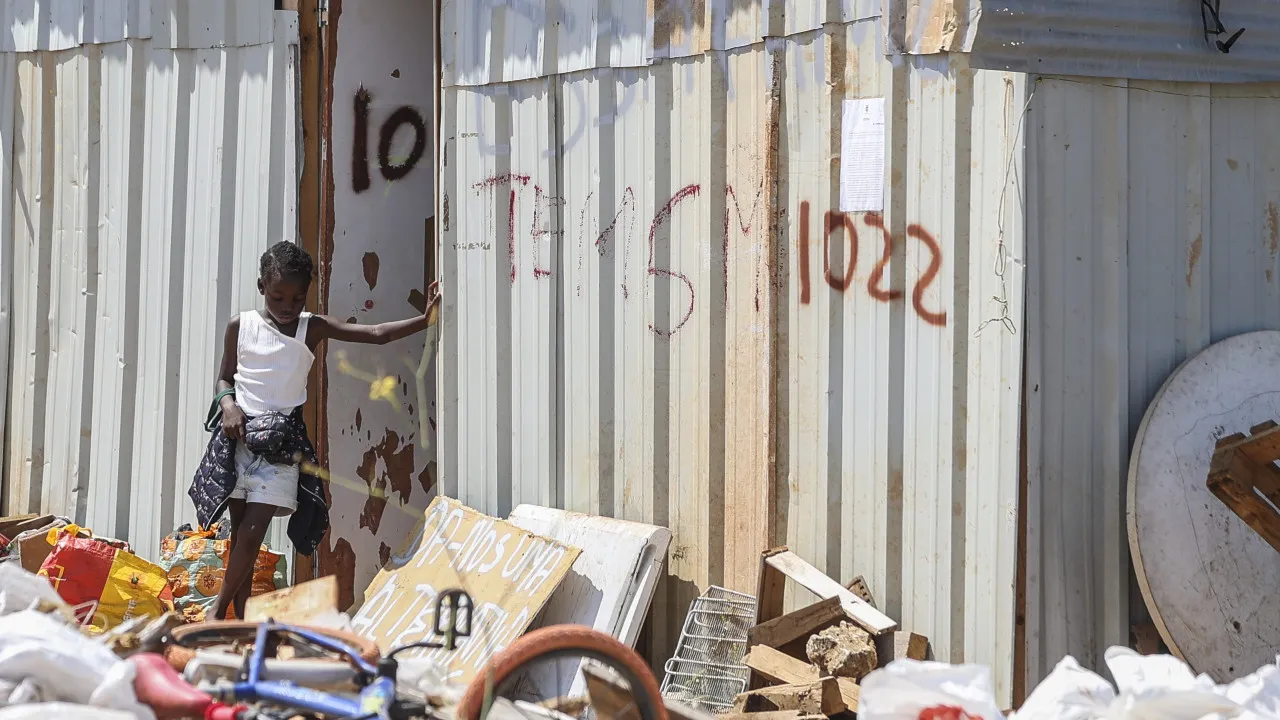
On Friday, in a note published on the Finance Portal, the AT stated that 14 out of 92 licenses issued in 2024 had a total value “of 160 million euros.”
The data provided by the AT does not allow for comparisons with the level of licensing in the immediately preceding years.
Dual-use items are defined as “civil products, ‘software,’ or technologies capable of military use, such as valves, chemicals, telecommunications equipment, machine tools, ‘chips’ or electronic circuits, cameras, sensors, lasers, and drones, among other industrial products with specific technical characteristics,” explains the AT.
Under European rules, the AT is the national authority responsible for issuing export licenses for dual-use goods and technologies, and it oversees the exit of products from Portugal beyond the customs territory of the European Union (EU).
Within the AT, this oversight is carried out by the Licensing Services Directorate (DSL), which is also responsible for controlling the entry and exit of chemicals that could be used in the illicit production of narcotics and psychotropic substances.
For the sale of dual-use products outside the EU, European rules already foresee a General Export Authorization system of the Union, which allows the exit of goods to certain countries if exporters comply with the usage conditions enshrined in European legislation.
Regarding this group of national sellers, the AT reports that “578 uses” were declared in 2024, involving products worth “around 11.7 million euros.”
To maintain overall control of these general authorization exports, customs authorities in various European countries exchange information about companies and entities prohibited from using this automatic validation system.
The European rules governing the control of commercial relations involving the EU’s dual-use products with third countries are set out in Regulation (EU) 2021/821 of the European Parliament and the Council, dated May 20.




